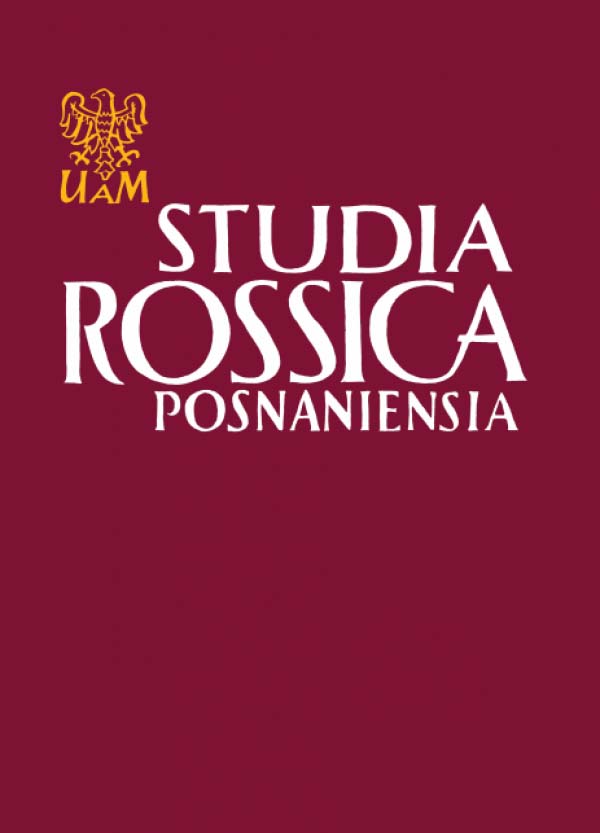LEW TOŁSTOJ W LITERATURACH ZACHODNIO- I POŁUDNIOWOSŁOWIAŃSKICH
LEO TOLSTOY IN THE WESTERN AND SOUTHERN-SLAVIC LITERATURES
Author(s): Bogdan Krupski, Barbara Mytko-Szyk, Aleksandra Stankowicz, Bogusław ZielińskiSubject(s): Studies of Literature, Philology
Published by: Uniwersytet Adama Mickiewicza
Summary/Abstract: The interest in Tolstoy’s works in the Slavic countries (Poland is excluded here) appeared at the earliest time because it was as early as the end of the fifties of the nineteenth century in the Bohemia. The Czech and Slovakian realistic prose of the nineteenth century knew the workers of the thinker from Jasna Polana and even it is difficult to find traces of the direct influence and effect — as for example in the literary work of V. Mrstik, K. Polaček, M. Kukucin or J. Jesenski — then surely Tolstoy’s thought and work were an inspiration both for the Czech and Slovakian literature. Tolstoy’s importance both for almost the whole Slavic world of the south is enormous especially that his works appeared in these regions at the time when they were catching up with their cultural backwardness after long weeks of national slavery. The reception of Tolstoy’s works in Serbia and Croatia was not comprehensive. Tolstoy was penetrating here in unpropitious conditions. When Tolstoy’s works were begun to be translated on a large scale, in Serbia the romantic tendencies had still been alive. The problems and easthetic ideal of the works of the author of Anna Karenina did not fully correspond the ideological and artistic orientation of Serbian and Croatian literature. In the other literatures of the nations of Yugoslavia the reception of Tolstoy’s literary works is a much later phenomenon and not so much exposed one. Bulgaria adopted the whole of Tolstoy’s work and without any reservations. The author of War and Peace caused through his literary work that the Bulgarian prose since the end of the nineteenth century to the contemporary time was saturated with a deep humanism, patriotism, the ability of presentation of won, national past, pride and dignity resulting from the heric tradition. In the second half of the nineteenth century the whole Europe was fascinated with a genius of L. N. Tolstoy. Slavic literatures were also given to this fascination, although they could not always approve in full the artistic personality and literary work of Tolstoy. The reception of the literary production of this writer on the discussed literatures had a different course, depending on the ideological and literary situation of the receiving country.
Journal: Studia Rossica Posnaniensia
- Issue Year: 15/1980
- Issue No: 1
- Page Range: 125-149
- Page Count: 25
- Language: Polish

